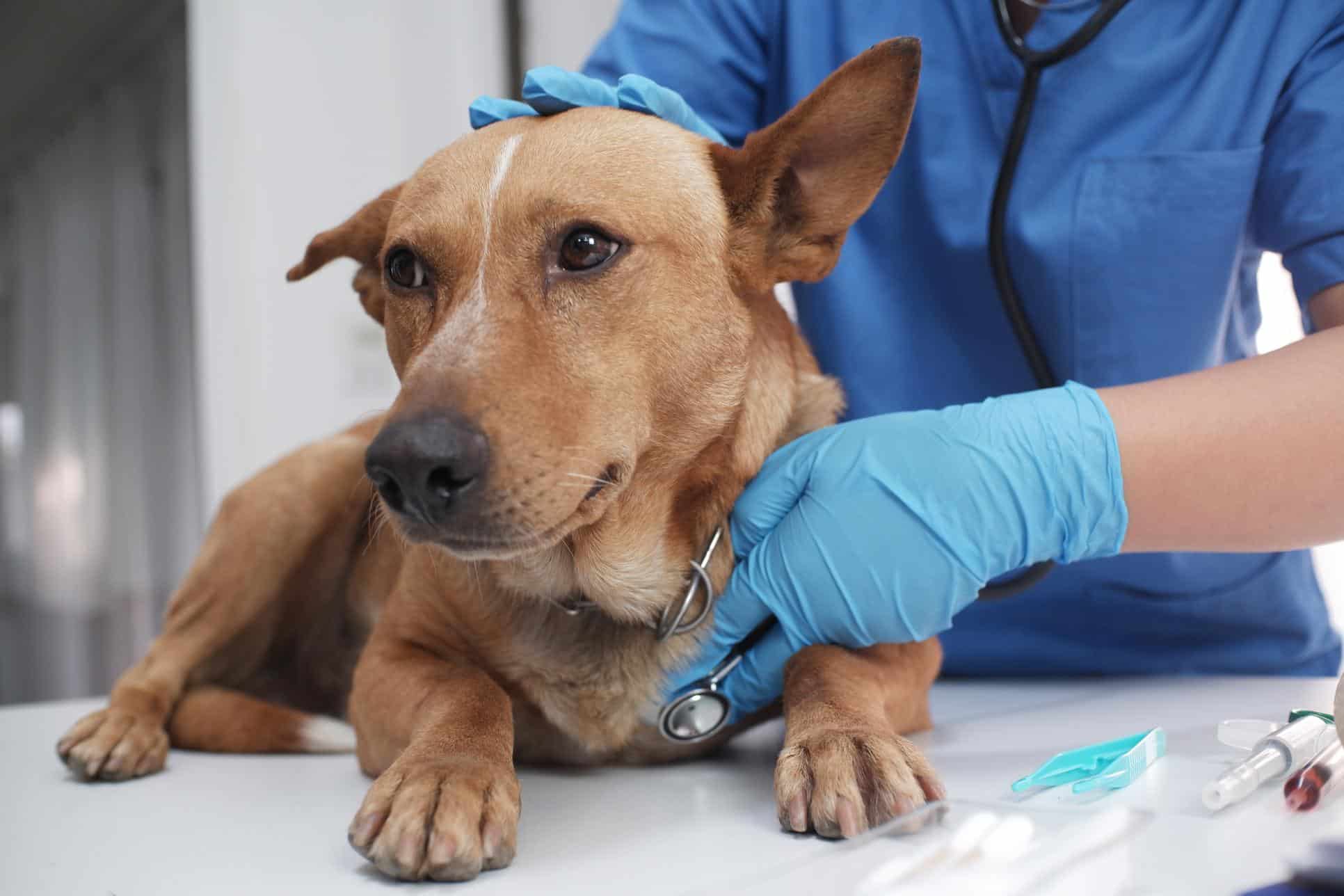Preparing Your Pet For Emergency Situations: A Guide For Agoura Hills Pet Owners

Fall is here, and it’s a perfect time to make sure you and your pets are prepared for any unexpected situations. At Western Veterinary Center, Medical & Surgical Center (WVC) in Agoura Hills, we’re all about keeping your furry friends safe and sound.
In this blog post, we’ll share some essential tips on pet emergency preparedness, first aid, recognizing veterinary emergency signs, and creating a pet emergency plan.
Pet Emergency Preparedness: Be Ready for Anything
Being prepared for pet emergencies can make all the difference when seconds count. Here’s how you can get started:
- Emergency Contact List: Have a list of key phone numbers handy, including your veterinarian and a trusted friend or family member.
- Pet First-Aid Kit: Put together a kit with essentials like bandages, gauze, antiseptic wipes, tweezers, a digital thermometer, and your pet’s medical records.
- Safe Transport: Keep a carrier or a leash ready to go for safe transport during an emergency.
First Aid Pet Tips: Immediate Actions to Take
Knowing some basic first aid can help keep your pet stable until you get to us. Here are a few quick tips:
- Bleeding: Apply pressure with a clean cloth to control the bleeding. If it doesn’t stop in a few minutes, seek veterinary care.
- Choking: If your pet is choking, try to gently remove the object if you can see it. Be careful to avoid being bitten. If you can’t remove it, bring your pet to WVC immediately.
- Heatstroke: Move your pet to a cool area, apply cool (not cold) water to their body, and offer small sips of water. Then, get them to us ASAP.
Veterinary Emergency Signs: When to Seek Immediate Help
Knowing when to seek emergency care is crucial. Here are some signs that mean it’s time to contact WVC or the nearest emergency clinic:
- Difficulty Breathing: Labored or rapid breathing is a red flag.
- Inability to Walk: Sudden paralysis or trouble walking needs immediate attention.
- Pale Gums: Pale or bluish gums can indicate a serious issue like shock or internal bleeding.
- Severe Trauma: Any major injury, such as being hit by a car or falling from a height, requires urgent care.
- Persistent Vomiting or Diarrhea: If your pet can’t stop vomiting or has diarrhea, especially with blood, head to the vet.
Pet Emergency Plan: Stay Organized and Prepared
Having a plan can help you act quickly in an emergency. Here’s how to get organized:
- Designate a Safe Haven: Know safe spots inside and outside your home where your pet can stay during an emergency.
- Have an Evacuation Plan: Have an organized plan for getting your pet out of the house quickly and safely should the need arise.
- Emergency Supplies: Keep an emergency kit with food, water, medications, and comfort items like blankets and toys.
Wrapping It Up: Stay Ready, Stay Safe
By following these tips, you’ll be better prepared to keep your pet safe in any emergency. The WVC team is here to provide expert urgent and emergency care for your pets. If you find yourself in a pet emergency, don’t hesitate to call us or book an appointment online. We’re here to help, day or night.
